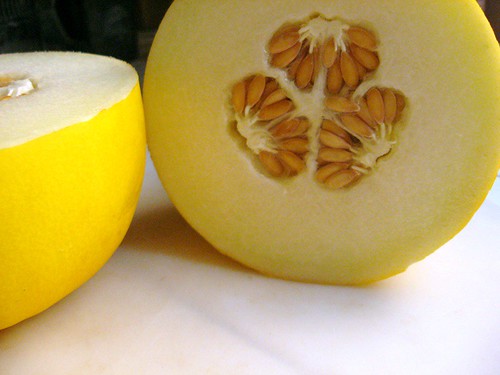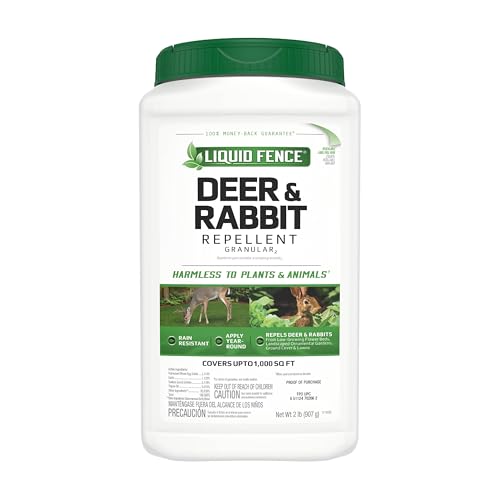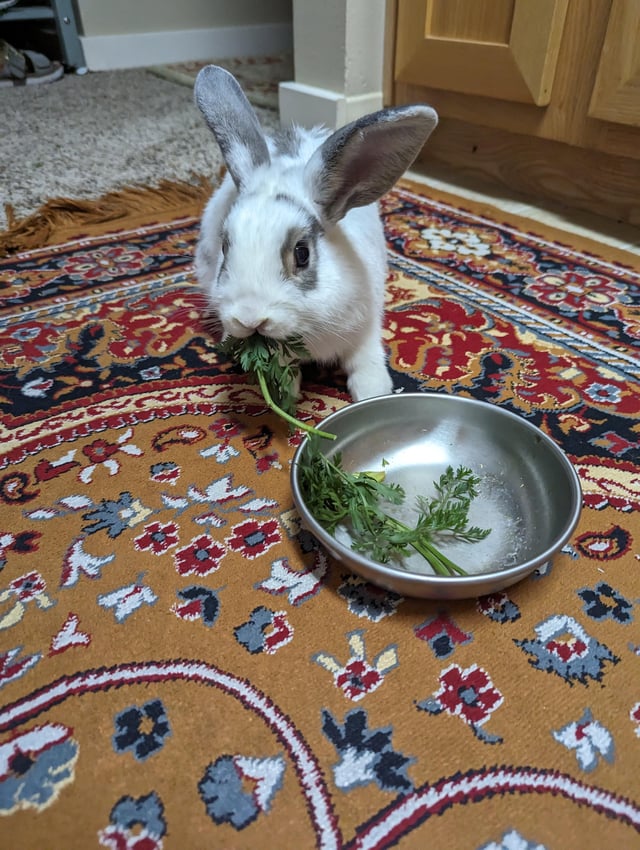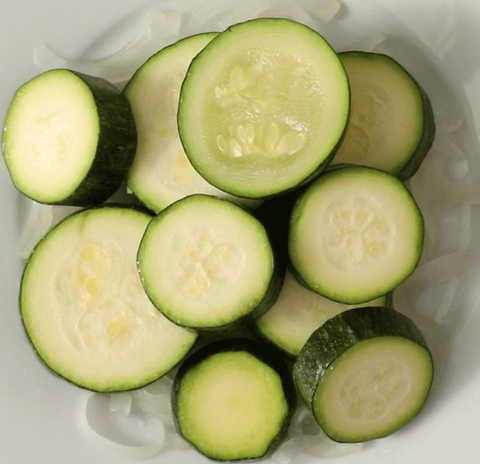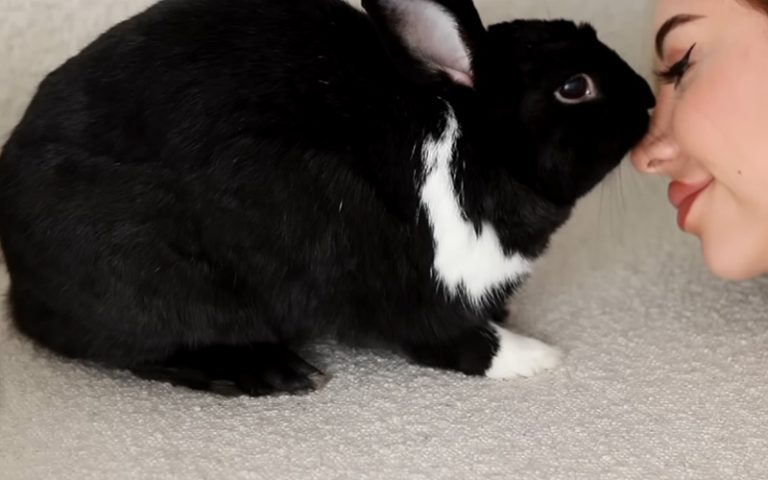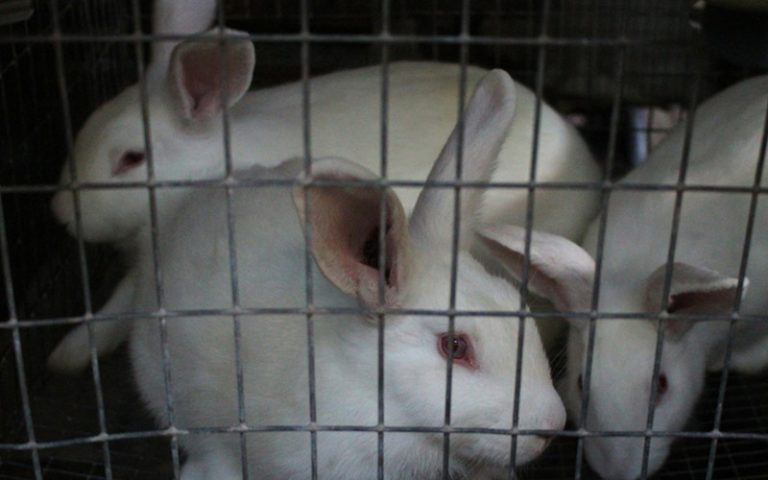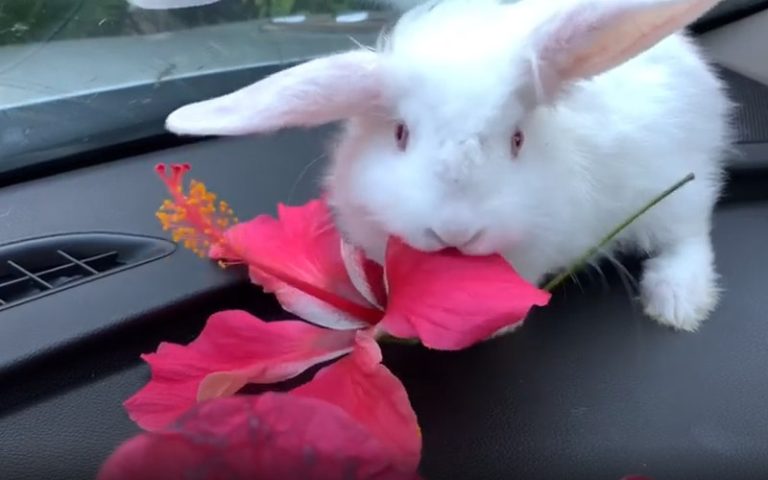Can Rabbits Eat Honeydew? Vital Feeding Tips Unveiled!
Yes, rabbits can eat honeydew in moderation. This fruit is safe but should not be a staple in their diet.
Rabbits are herbivores with specific dietary needs. Their primary diet consists of hay, fresh vegetables, and pellets. Fruits, including honeydew, can serve as occasional treats. Honeydew is hydrating and contains essential vitamins. However, high sugar content can lead to digestive issues if given excessively.
Always introduce new foods slowly to monitor for any adverse reactions. Fresh, clean water should accompany any fruit intake. Keep portions small and infrequent to maintain a balanced diet.
Introduction To Rabbit Diets
Understanding rabbit diets is crucial for their health. Rabbits need a balanced diet rich in essential nutrients. They are herbivores, primarily eating hay, vegetables, and pellets. Treats like fruits can be given sparingly. This section covers what rabbits really need to thrive.
Essential Nutrients for Rabbits
Rabbits require a variety of nutrients to stay healthy. Here are the main nutrients they need:
| Nutrient | Importance |
|---|---|
| Fiber | Promotes healthy digestion and prevents obesity. |
| Protein | Supports growth and muscle development. |
| Vitamins | Boosts immune function and overall health. |
| Minerals | Strengthens bones and teeth. |
Common Misconceptions About Rabbit Food
- Rabbits can eat only carrots. Carrots are high in sugar.
- All fruits are safe. Some fruits are too sugary.
- Pellets are the main diet. Hay should be their primary food.
Feeding your rabbit correctly is vital. A balanced diet keeps them happy and healthy. Avoid common myths to ensure their well-being.
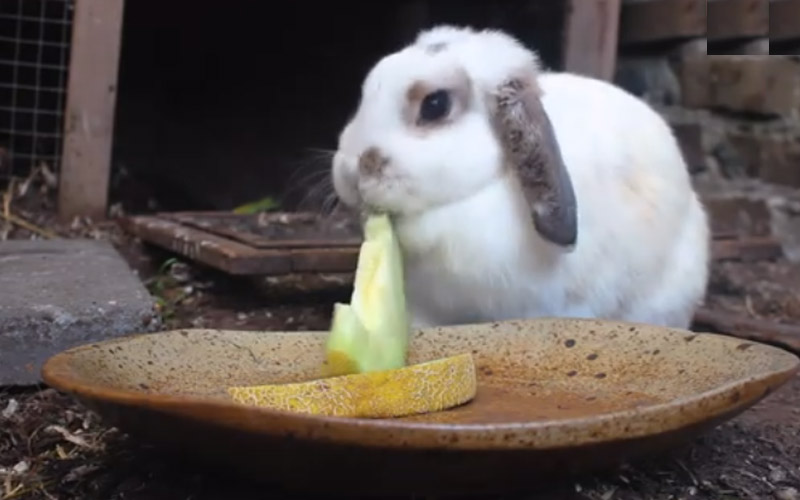
Credit: beastsloco.com
Honeydew Basics
Honeydew is a sweet fruit that many enjoy. It is juicy and refreshing. But can rabbits eat honeydew? Understanding honeydew is essential for pet owners.
What Is Honeydew?
Honeydew is a type of melon. It has a smooth, pale green skin. The inside is soft and sweet. This fruit grows on vines in warm climates. Honeydew is often eaten fresh, but it can also be used in salads and smoothies.
- Color: Pale green
- Taste: Sweet and juicy
- Texture: Soft and smooth
- Origin: Grown in warm regions
Nutritional Profile Of Honeydew
Honeydew is not just tasty; it is also nutritious. Here is a quick look at its nutritional profile:
| Nutrient | Amount per 100g |
|---|---|
| Calories | 36 |
| Carbohydrates | 9g |
| Fiber | 0.8g |
| Sugar | 8g |
| Vitamin C | 18% of Daily Value |
| Potassium | 228mg |
Honeydew is high in water content. It helps keep rabbits hydrated. However, it contains natural sugars. Moderation is key to avoid any health issues.
Rabbits And Fruit Consumption
Rabbits enjoy a variety of foods. Fruits can be a tasty treat. However, not all fruits are safe for them. Understanding fruit consumption is important for rabbit owners.
Benefits Of Fruits For Rabbits
Fruits offer several benefits for rabbits. They provide essential vitamins and minerals. Here are some key benefits:
- Vitamins: Fruits are rich in vitamins A and C.
- Hydration: Many fruits have high water content.
- Variety: Fruits add diversity to their diet.
- Natural Sugars: Fruits provide natural energy sources.
Some fruits are safe in small amounts. Consider these rabbit-friendly fruits:
| Fruit | Safe Amount |
|---|---|
| Blueberries | 1-2 berries daily |
| Strawberries | 1-2 slices daily |
| Apple (without seeds) | 1 small slice daily |
Risks Associated With Feeding Fruits
Fruits can pose risks to rabbits. Too much sugar can harm their health. Here are some risks:
- Obesity: Excess sugar can lead to weight gain.
- Digestive Issues: Too much fruit can upset their stomach.
- Dental Problems: High sugar can cause tooth decay.
Monitor your rabbit’s health closely. Limit fruit intake to avoid these risks.
Can Rabbits Eat Honeydew?
Many rabbit owners wonder about feeding their pets honeydew. This sweet fruit is tasty for humans. But can it be safe for rabbits? Let’s explore the details.
Safe Quantities Of Honeydew For Rabbits
Rabbits can enjoy honeydew in small amounts. Too much can upset their tummy. Follow these guidelines:
| Rabbit Size | Recommended Amount |
|---|---|
| Small (Under 3 lbs) | 1-2 small cubes |
| Medium (3-6 lbs) | 2-3 small cubes |
| Large (Over 6 lbs) | 3-4 small cubes |
Always introduce honeydew slowly. Monitor for any digestive issues. Keep it as an occasional treat.
Potential Health Concerns
Feeding honeydew can pose some health risks. Here are a few to consider:
- High Sugar Content: Honeydew has natural sugars. Too much sugar can lead to obesity.
- Digestive Issues: Rabbits have sensitive stomachs. Too much honeydew can cause diarrhea.
- Allergic Reactions: Some rabbits may be allergic. Watch for any signs of discomfort.
Always consult a vet for dietary advice. Keeping your rabbit healthy is essential. Offer fresh hay and vegetables as the main diet.
How To Introduce Honeydew To Your Rabbit
Introducing honeydew to your rabbit should be done carefully. Rabbits can enjoy this sweet treat in moderation. Follow these steps to ensure a safe introduction.
Step-by-step Feeding Guide
- Choose Fresh Honeydew: Select a ripe, organic honeydew. Avoid fruit that is overripe or moldy.
- Wash Thoroughly: Clean the honeydew under running water. Remove pesticides and dirt.
- Cut into Small Pieces: Slice the honeydew into small, manageable pieces. This makes it easier for your rabbit to eat.
- Start with a Small Amount: Offer your rabbit a tiny piece first. A small bite is enough for the first time.
- Observe for Reactions: Watch how your rabbit reacts. If it enjoys the taste, continue with small amounts.
Monitoring Your Rabbit’s Reaction
Pay attention to your rabbit after feeding honeydew. Look for signs of happiness or discomfort.
- Happy Signs:
- Active behavior
- Normal eating habits
- Bright eyes and alert posture
- Signs of Discomfort:
- Loose stools
- Lethargy
- Refusal to eat
Stop feeding honeydew if your rabbit shows discomfort. Always consult a vet for concerns.

Credit: www.youtube.com
Alternatives To Honeydew
Rabbits enjoy a variety of fruits. Honeydew is tasty but not always the best choice. Here are some safe alternatives to keep your bunny happy and healthy.
Other Safe Fruits For Rabbits
Fruits offer essential nutrients for rabbits. Below is a list of safe fruits:
- Apples: Remove seeds before feeding.
- Blueberries: Small and packed with antioxidants.
- Strawberries: Ripe and sweet, perfect for treats.
- Pears: Chop into small pieces, seeds removed.
- Bananas: Rich in potassium, but feed sparingly.
Diversifying Your Rabbit’s Diet
A diverse diet keeps rabbits healthy. Include various fruits and veggies. Here are some benefits:
| Benefit | Description |
|---|---|
| Nutrition: | Varied foods provide essential vitamins and minerals. |
| Prevention: | Diverse diets help prevent digestive issues. |
| Enjoyment: | Different flavors keep your rabbit interested. |
Mix fruits with fresh vegetables. Good choices include:
- Carrots
- Leafy greens
- Cucumbers
- Bell peppers
Always introduce new foods gradually. Monitor your rabbit for any reactions. A varied diet keeps them happy and healthy.
Feeding Tips For Rabbit Owners
Feeding rabbits requires careful planning. Rabbits thrive on a balanced diet. Understanding what to feed them is essential for their health.
Best Practices For A Balanced Diet
Rabbits need a variety of foods. Here are key components for a balanced diet:
- Hay: Unlimited access to fresh hay is vital.
- Fresh Vegetables: Offer a mix daily.
- Pellets: Use high-quality rabbit pellets in moderation.
- Fruits: Treats like honeydew should be limited.
Monitor portion sizes carefully. Too much fruit can upset their stomach. Always introduce new foods gradually.
Understanding Your Rabbit’s Unique Needs
Each rabbit has specific dietary needs. Factors include:
| Factor | Consideration |
|---|---|
| Age | Young rabbits need more protein. |
| Weight | Overweight rabbits require fewer calories. |
| Health | Consult a vet for health issues. |
Observe your rabbit’s reactions to different foods. Some may have allergies. Always prioritize their well-being.
Keep fresh water available at all times. Hydration is just as important as food. Regularly check and refill their water bowl.

Credit: www.youtube.com
Rabbit Health And Nutrition
Understanding rabbit health and nutrition is essential for pet owners. Rabbits need a balanced diet to thrive. This includes hay, fresh vegetables, and limited fruits. Treats like honeydew can be offered sparingly.
Signs Of A Healthy Rabbit Diet
A healthy rabbit diet shows several signs. Look for these indicators:
- Bright Eyes: Clear and lively eyes.
- Shiny Coat: Fur should be soft and glossy.
- Active Behavior: Rabbits should be playful and energetic.
- Regular Bowel Movements: Firm and well-formed droppings.
Monitor your rabbit’s weight regularly. An ideal weight varies by breed. Consult your vet for specifics.
When To Consult A Veterinarian
Knowing when to seek veterinary care is crucial. Watch for these signs:
- Loss of Appetite: Not eating for more than 24 hours.
- Weight Loss: Sudden weight drop can signal problems.
- Lethargy: Lack of energy or interest in activities.
- Digestive Issues: Diarrhea or abnormal droppings.
Timely veterinary consultations can save your rabbit’s life. Always prioritize your pet’s health and well-being.
Frequently Asked Questions
Can Rabbits Eat Honeydew Safely?
Yes, rabbits can eat honeydew in moderation. It’s a sweet treat but should not replace their main diet.
What Are The Benefits Of Honeydew For Rabbits?
Honeydew provides hydration and some vitamins. It can be a refreshing snack but is not nutritionally essential.
How Much Honeydew Can I Give My Rabbit?
Limit honeydew to small portions, about a teaspoon. Too much can lead to digestive issues in rabbits.
Are There Any Risks Of Feeding Honeydew?
Feeding excessive honeydew may cause diarrhea or upset stomach. Always monitor your rabbit’s reaction to new foods.
Can Bunnies Eat Honeydew?
Bunnies can eat honeydew in moderation. The fruit is safe for them, but it’s high in sugar. Too much can upset their stomachs and lead to digestive issues. It’s best to give small amounts as an occasional treat.
Always remove seeds and rind before serving, as these parts can be harmful. Focus on providing a balanced diet with plenty of hay, fresh greens, and pellets.
Honeydew should never replace their main food source. Keep treats like honeydew minimal to keep your bunny healthy.

